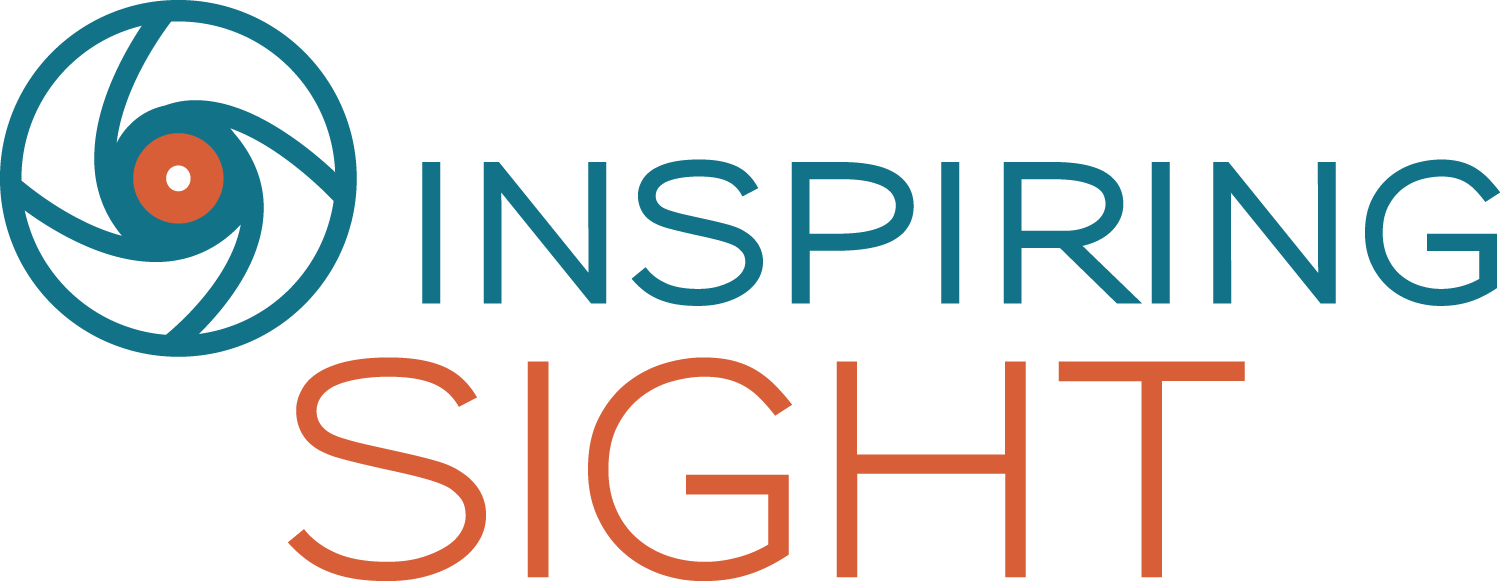Return on Investment for Coaching
How do you measure ROI?
When it comes to leadership development, few tools are as powerful as coaching. Calculating the Return on Investment (ROI) on coaching is a different conversation. A conversation which drew over 75 coaching professionals to the ICF Minnesota’s event at the Metropolitan Ballroom to hear what three seasoned coaches had to say about why ROI matters and methods for measuring it.
The coaching panel featured Judy Zimmer, founder and president of Coachology.us, a national coaching, branding and speaking company, Anne Marie Pernice, CPCC, PCC, of Medtronic, who helped build a global, scalable internal coaching practice, Tammy Krings, MCC, ECPC, President of The Conversations that Matter, that coaches around leadership development and helps teams align their behaviors, and Todd Eberhardt, CEO, Dynasty Leadership, who works with midsize companies in transition.
A recent global survey by PriceWaterhouseCoopers and the Association Resource Centre found that the mean Return on Investment in coaching was 7 times the initial investment, and over a quarter of coaching clients reported a stunning ROI of 10 to 49 times the cost. But getting at the value is about more than the data and the money.
Attendees could easily see why Judy Zimmer, a leader in her field, was asked to moderate this panel on ROI. She even incorporated ROI questions into the presentation so attendees could assess for themselves if the 90-minutes they spent at the International Coaching Federation (ICF) event was a good use of their time. Because each of the panelists coach a slightly different type of organization, the approach to ROI was slightly different. What is valuable to one company may not have the same value to the next, so even the ROI conversation is customized.
Why is ROI so important today?
Eberhardt says, “It is in every conversation I have ever had with every potential client.” Eberhardt, works primarily with entrepreneurs and start-up companies. As you can imagine, the first thing on this groups’ mind is “what will it cost me?” But, Eberhardt also says, “There are freedoms, like time, that are not replenishable resources. What is that worth to you, your employees and your company?”
Krings, whose primary work is with teams says, “ROI elevates the work that we do and sets the stage that ‘we are all in’, as a coach and as those being coached – it attaches every choice we make as a leader to the results and day-to-day impact within the organization and its extension into the employee’s personal life. When you hear a leader stand-up in the workplace as tell his peers, “I’m able to be present with my kids” as a result of coaching at work, it doesn’t get more valuable than that.”
As a coach internal to Medtronic, Pernice says, “We are looking at it in a different way. Is coaching a good use of our employee’s time? How do the results of coaching connect back to the Mission of our organization? It is about behavior change. We have found that when a leader gains clarity and becomes aware of how they interact with those they lead, they change, and as a result, the people they lead do too.”
The challenge is that everyone wants to measure ROI quickly. Our clients are evaluating us as coaches within the first 15 minutes, so coaches must begin the ROI conversation from their first interaction with clients. Eberhardt says he spends more time upfront assessing if the client and he are a good fit for each other. Every coach has different skills and sweet spots so the right match between a coach and an organization is a critical first step towards effectively measuring if you can create value together.
In her experience as an internal coach, Pernice says, they are constantly reviewing and adjusting their measurement as they expand the internal coaching program deeper into the organization. Coaching directly supports the 5th Tenet of the Medtronic Mission which speaks to recognizing the personal worth of employees. They measure a lot of things and it has evolved over time. “We look at how these (measures) tie into what we want to achieve as a business.” At Medtronic, they have tied ROI to a few key elements 1) progress against stretch coaching goals, 2) leveraging existing organizational employee measurements and 3) leadership behavior expectations already established within the organization.
Key take-aways for coaches:
1) Get serious about measurement and differentiate what you bring as a coach,
2) Do the work up front to ensure you and the organization are a good match for each other,
3) Tie ROI to existing company language, expectations, and behavioral standards,
4) Understand their appetite for change. Not every organization is ready for coaching which will greatly impact the chances of ROI, and
5) Begin with a baseline, regardless of what you decide to measure.
This event was presented by ICF Minnesota, a chapter of the International Coaching Federation (ICF), the largest worldwide resource for business and professional coaches and a source for those who are seeking a coach. ICF Minnesota has monthly events supporting coaches through opportunities for learning, connections and growth. Their next event is a webinar on Coaching in the Multigenerational Workplace, on Wednesday, May 16th from 7:30 – 9 p.m. Register at http://bit.ly/2KPPKHo through May 14.

